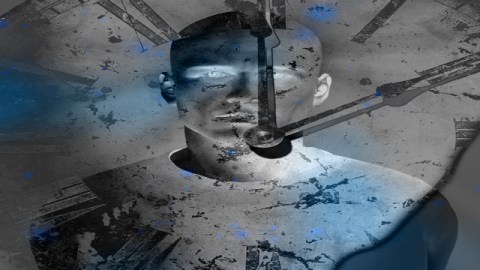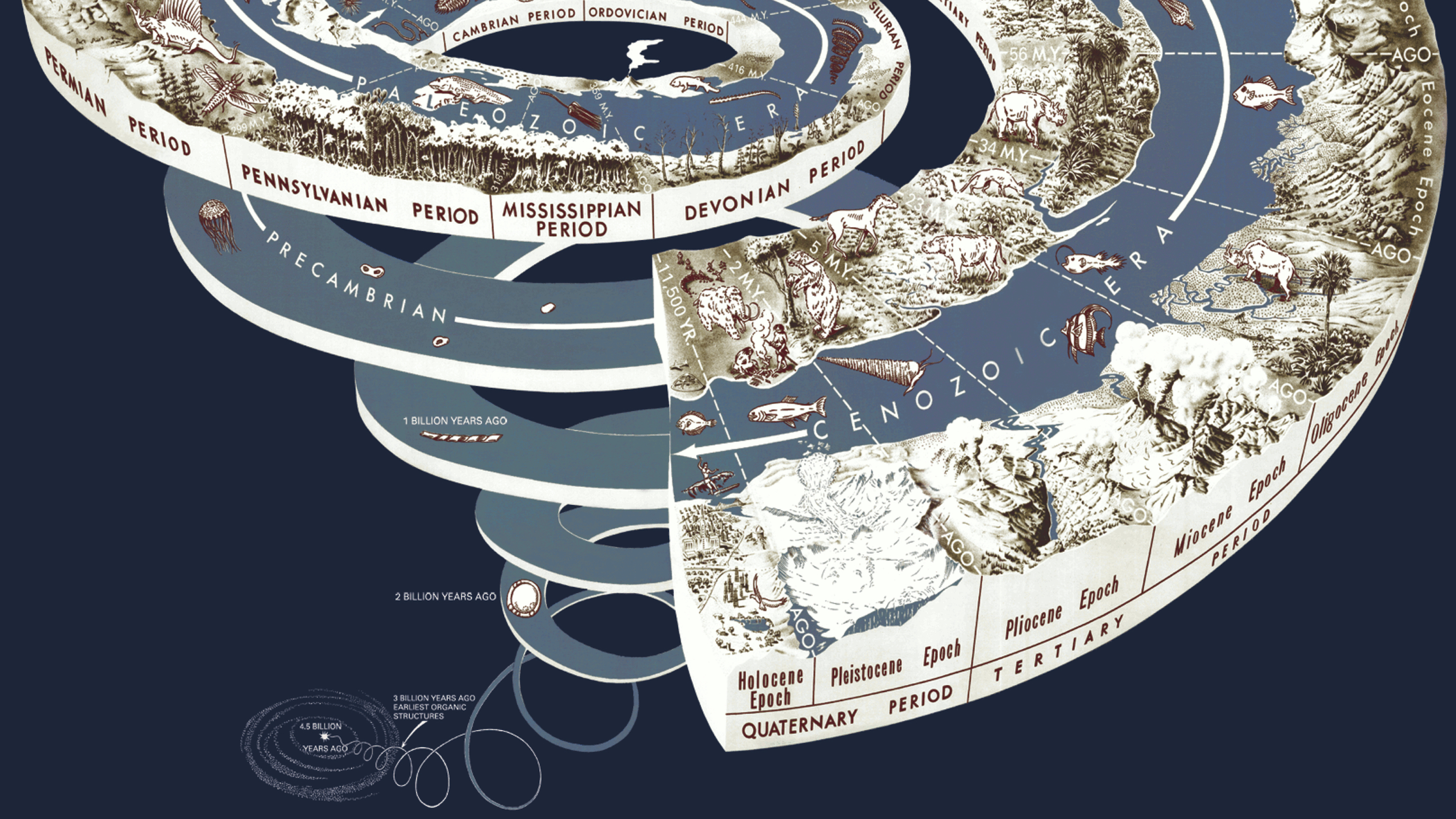Are You A Paster, Presentist, Or Futurian?

Instead of differentiating people on the basis of their “religion” (as Christians, Muslims, Hindus, etc.), what if we differentiated people according to their temporal orientation? We could divide people into Pasters, Presentists, and Futurians. Let’s see what happens.
Pasters. These are people who are primarily oriented to the past. A Paster may romanticize a particular historical period, like the character of Gil Pender in Woody Allen’s Midnight in Paris (2011). Pender is literally absorbed into the period that he romanticizes (that of American expat writers in 1920s Paris). The movie is a wonderful fable about what it means to be a Paster in this respect.
The American Founders were Pasters in a related sense. Their writings are saturated with references to classical Greek and Roman politics, politicians, and political theory. While the Founders sometimes refer to antiquity only in order to illustrate the threat of corruption, they seem utterly enthralled by the virtues of Roman republican stalwarts like Cato and Cicero.
Preoccupation with some “Golden Age” seems to characterize many Pasters: back then people were more virtuous, more interesting, life was more intense, consequential, and profound. Our lives, by contrast, are pathetically banal. Philosophers, artists, political leaders and others of the present day are presumptively dismissed as hacks, ridiculous simulacra of the Golden Age. The great figures of the past, on the other hand, are imbued with incontrovertible authority and always given the benefit of the doubt. Whatever is new is dubious. Legitimacy derives from the Golden Age alone.
Another kind of Paster is primarily oriented not to a Golden Age, but to some “Age of Horror.” In these cases, there is a defining past period of horrifying moral catastrophe that one dare not ever forgive or forget. The Holocaust immediately comes to my mind. There are many people, Jews and non-Jews alike, for whom the Holocaust provides the key to the interpretation of current and future events. Everything from liberalism and modernity to inter-religious dating and Iranian foreign policy is evaluated with reference to the Holocaust. Films, books, and exhibits about the Holocaust are consumed insatiably.
The draw perpetually to re-conjure the Age of Horror in one’s mind is not entirely different, I suspect, from the draw to inundate oneself with the ideals and aesthetics of a Golden Age. In both cases the need is to maintain one’s bearings, not to find oneself unmoored in the non-past.
Futurians. The character of Sarah Connor in Terminator 2: Judgment Day is a Futurian. Haunted by the knowledge of a future war against Skynet (an omnicidal self-aware artificial intelligence), in which her son John is leader of the Resistance, Connor is focused on preparing her teenage son for his future role. She also tries to sabotage the development of Skynet in order to prevent it from becoming self-aware. Sarah Connor is primarily oriented to the future. She lives in a state of panic and terror, literally at war with the future.
But Futurians need not be so grim. One might be preoccupied instead with a utopian vision of the future, some longed-for “world to come.” [I have reflected on what is involved in this kind of fantasizing in a previous post: Fantasizing About Future Space Adventures].
Utopian Futurians view the future in a way similar to the way that Golden Age Pasters view the past. Dystopian Futurians are likewise similar to Age of Horror Pasters. But there are some key differences too.
For instance, Futurians of both varieties seem often preoccupied with technology to a greater extent than most Pasters. Smart phones, smart cars, smart houses – all are reverse echoes emanating from the future, revelations of our utopian potential. Staying at the cutting edge, always integrating the newest technology immediately into one’s everyday life is a proleptic Futurian gesture; it is a way of living the future today.
A Dystopian Futurian might, on the other hand, foreswear all technology. Interestingly, the Futurian extremism of the Luddite can easily veer into Pastism, seeming to make the Dystopian Futurian extremist, in fact, a kind of Paster. There are many such dialectical and ambiguous cases that challenge the basic distinction between Pasters and Futurians.
Presentists. These are people who are neither significantly oriented to the past nor the future. Indeed, the hardcore Presentist is blind to both past and future. A Presentist can evade the past and future in a variety of ways. He can organize his days – even years! – around a cyclical schedule of rituals, thereby assimilating every oncoming moment to a single static template. Through the repetition of relationships and interactions he feels like everything is always the same. He speaks in clichés, catch-phrases, and generalizations to the same effect. To the extent that the past is worth thinking about at all, it is easily dismissed as no different from today. And the future will be the same.
Think of the television show Friends (1994-2004) as quintessentially Presentist fiction. Each episode has Ross, Chandler, Joey, Phoebe, Rachel, and Monica facilitating the repetitive expansion and contraction of a three-tiered cosmos that includes: the couch at the coffee shop (the center of the universe), the characters’ respective apartments (the next tier), and (farthest out) “New York City.” Girlfriends, boyfriends, jobs, even babies, come and go, but the repetitive structure of cosmic contraction and expansion around the centripetal coffee shop couch remains constant. Notably, in the case of Friends, Presentism is organized around a spatial constant: the coffee shop couch. And this is only to hint at the complex spatial dimension of temporal orientation.
In the Friends cosmos there is no Golden Age worth learning more about and emulating, nor is there an Age of Horror to weigh anyone down with pessimism, resentment, and suspicion. There are no collective utopian projects demanding personal sacrifice or apocalyptic nightmares haunting every intimation of normalcy.
I hypothesize that America in 2012 is a Presentist-majority country. If this is true, should we be concerned? Pasters and Futurians at least overlap on the general assumption that the present is inadequate. For both groups the present necessarily demands critique, whether from the perspective of the past or the future.
Presentists, on the other hand, are disturbingly self-satisfied. They lack a key coordinate for self-criticism. At the same time, Presentists may be less likely to disrupt everyday life unnecessarily with some delusional fantasy about the past or future [I addressed this danger in my previous post: Should We Be Revolutionaries?].
A democratic society should certainly allow for temporal pluralism, tolerating all reasonable Pasters, Presentists, and Futurians. But I wonder: are some temporal orientations better suited to democratic citizenship than others?





